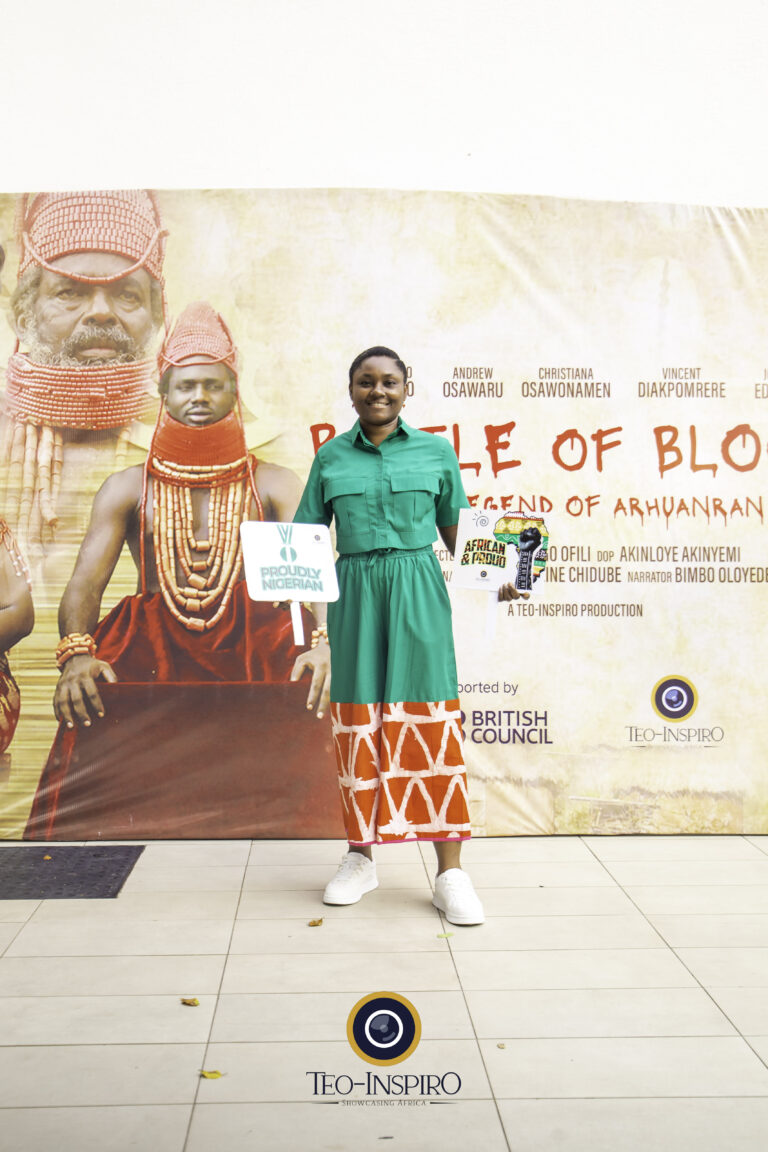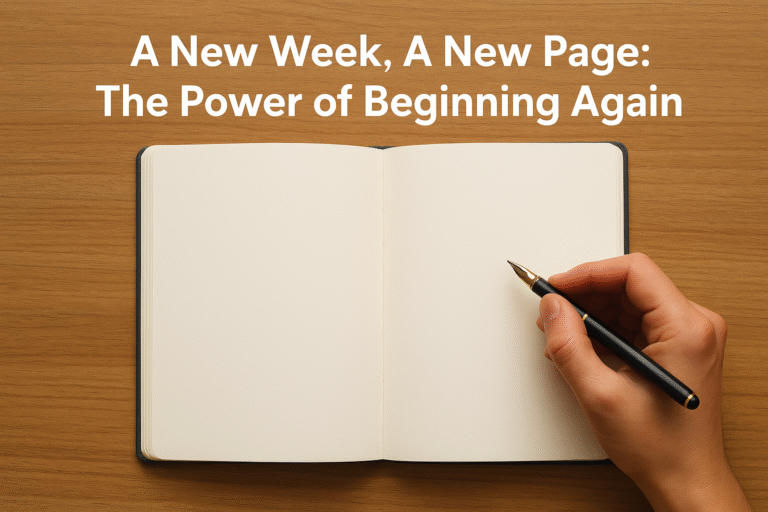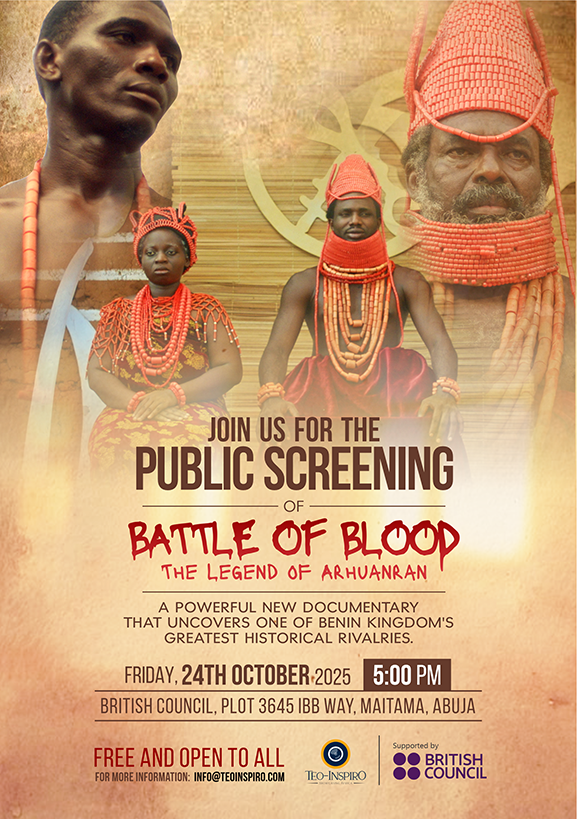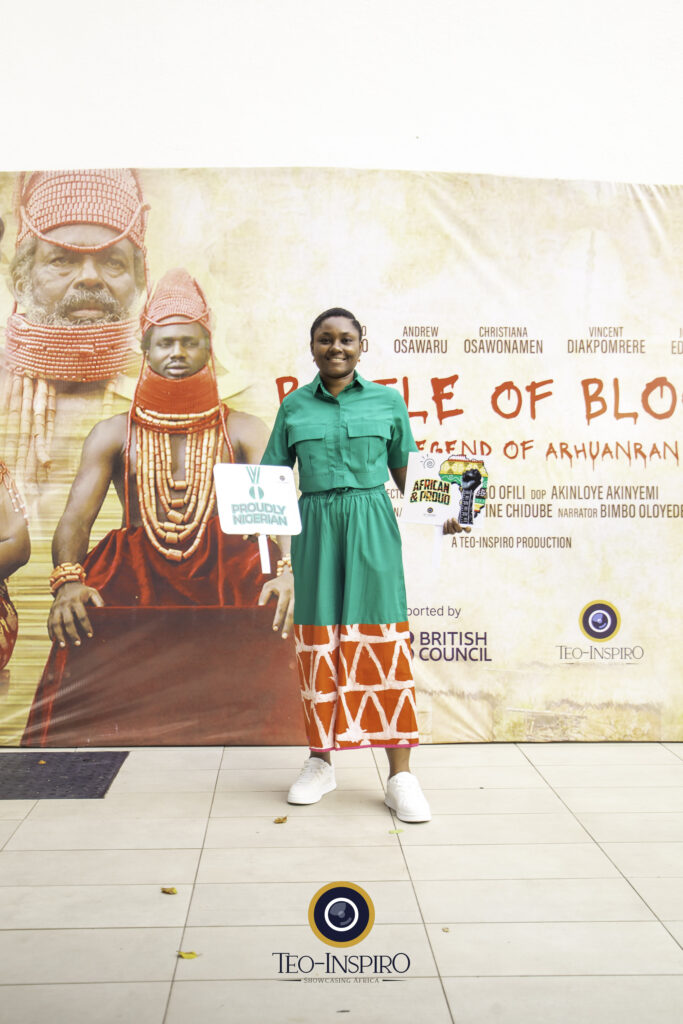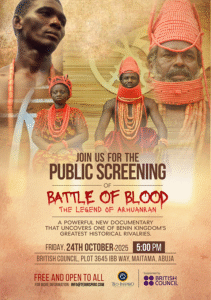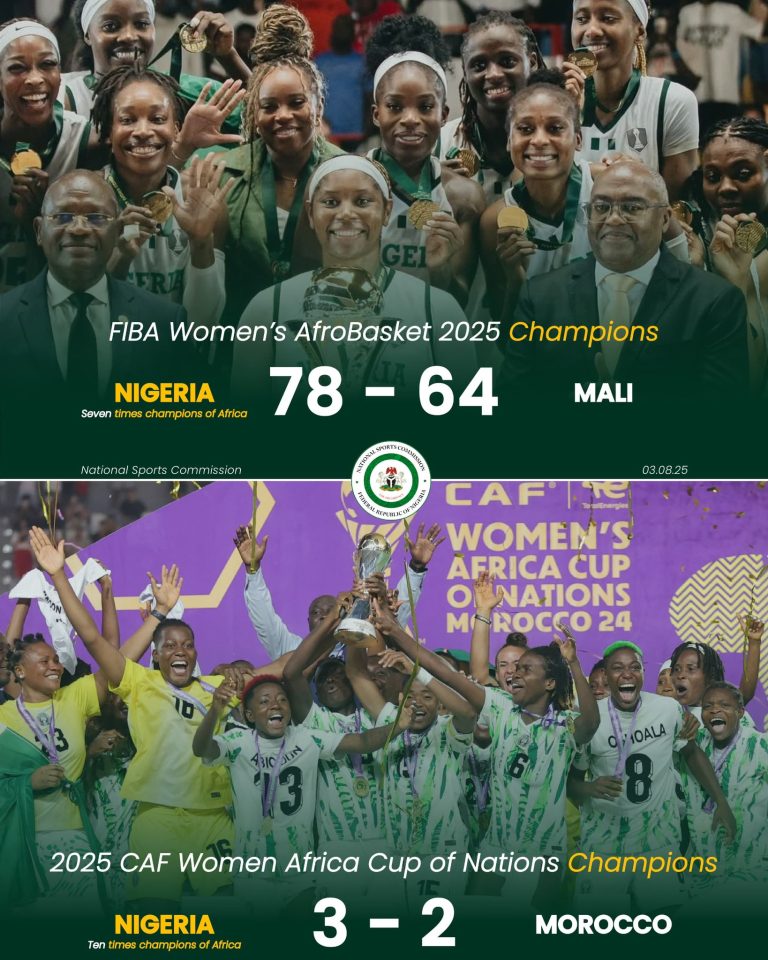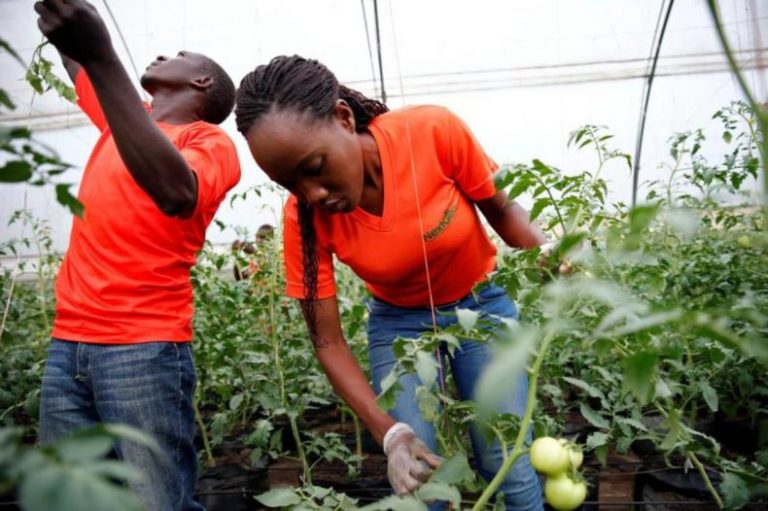By Frank Ofoegbu
Electoral campaigns should be about issues that affect the populace and are germane to their progress and prosperity. It shouldn’t be characterized by a torrential outpouring of insults and maledictions by candidates and their supporters. Sadly, this is the case in uncivilized climes like Nigeria. One of the positives from the just concluded general electoral season is the salient issue of the persistent and perpetual dwindling of the economy of the Nigerian state. The younger presidential candidates were at the vanguard of this, and came up with novel ideas of revamping the economy. One of such propositions was the legalization of marijuana cultivation for export, by Omoyele Sowore, if elected president. Sowore was heavily criticized for this proposal, despite all the clarifications he made on the issue, citing the huge potential earnings accruable to Nigeria from its sale in the legal marijuana market.
Ondo state governor, Rotimi Akeredolu and the NDLEA boss, just returned from Thailand, where they went to understudy how marijuana can be cultivated for export in the legal market that is expected to be worth 145 billion dollars by the year 2025. This has not gone down well with many people who see it as a move with adverse societal consequences. Some have argued instead for the cultivation of food crops for export. Others have argued it will increase the social ills already plaguing the country by finding its way into the hands of miscreants easily, leading to serious drug trafficking issues. Religious fanatics see the marijuana plant as intrinsically evil, and see its cultivation as a serious ‘sin’ against God. Most- if not all- of the concerns raised by skeptics to this idea, stem from ignorance of the benefits of the marijuana plant medically and commercially. Rather, much emphasis has been placed on the psychotropic effects of the plant.
Marijuana (Cannabis sp.) is a plant with a wide range of uses. Medically, the chemicals contained in the plant – about 100 of them- called cannabinoids are used to treat several diseases. Tetrahydrocannabinal (THC) and Cannabidiol (CBD) are the main chemicals used in medicine. THC is the psychoactive ingredient that gives people the ‘high’ feeling when smoking or eating foods containing marijuana. Medical marijuana (the use of marijuana for medical purposes) is used to treat a number of medical conditions including anorexia, Alzheimer’s disease, epilepsy, post-traumatic stress disorder, pain, multiple sclerosis and crohn’s disease. The plant’s stem or stalk (hemp) is used for strong fibers such as paper, clothing, construction materials and so on.
From the foregoing, the marijuana plant is not an invention of the devil as some may want us to believe. So far, thirty countries have legalized the use of medical marijuana. In Nigeria, the cannabis plant grows well on our soils in some states, and there is a huge international market for its legal sale that can earn us billions of dollars in foreign exchange. I don’t see why there should be so much fuss about its cultivation for export. For those like Senator Shehu Sani who feel we should instead cultivate food crops for export, i need not remind him how far we have fared in this regard, owing to government’s flip-flop policies in the agricultural sector. These policies have hindered self-sufficiency in agriculture let alone export. We may believe ‘we don’t need cannabis’ for use in this country. But it is not sufficient reason to ignore the huge earnings accruable to us from its legal sale.
The cultivation of medical marijuana for export under the close supervision of NAFDAC and NDLEA, will not increase access of miscreants and derelicts of society to marijuana. If the cultivation of marijuana becomes legal, those who plant it will prefer to do so for export, than to sell to street thugs, thus making it scarce and inaccessible to those taking it for recreational or ulterior purposes.
For the moralists and religious fanatics who oppose the idea because of its psychotropic effects, and as a result see it as intrinsically sinful to have anything to do with the plant, their position is ludicrous and fallacious. In the processing of marijuana, the concentration of the cannabinoid THC, can be reduced, depending on its use. In addition, food and drink consumption can become sinful, if temperance is thrown to the winds. There is no difference among a religious fanatic who doesn’t eat or drink abstemiously, a drug addict, and a dipsomaniac. Their acts are equally sinful before God because they abhor temperance in their actions.
What should bother Nigerians should be how the existing laws criminalizing the possession or cultivation of marijuana will be amended to make exceptions for cultivation of its legal use, the modalities of supervision of its legal cultivation by NAFDAC and NDLEA, the issues of shipping and excise duties, for those who want to take advantage of the business opportunities and goldmine that the legal cultivation of marijuana presents.

